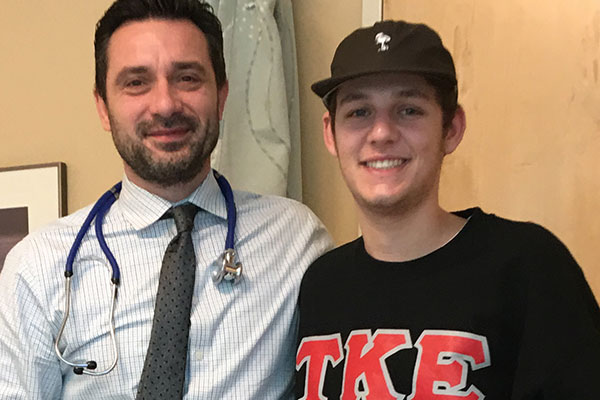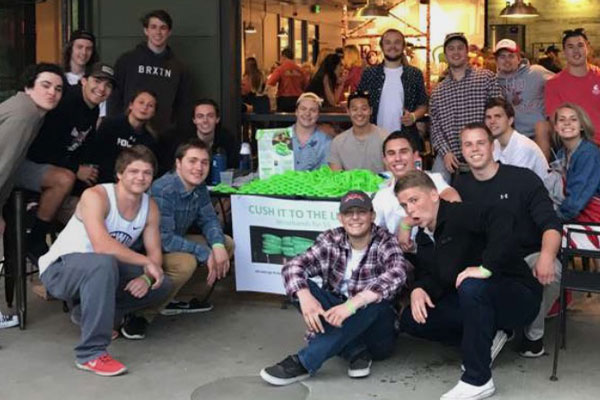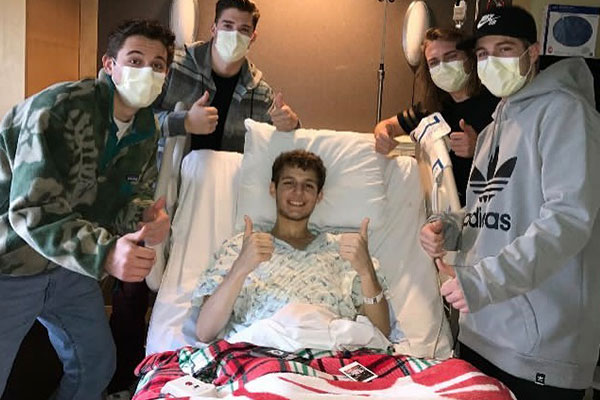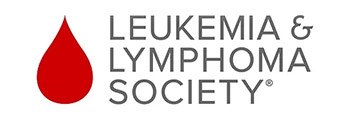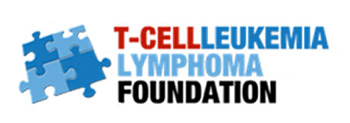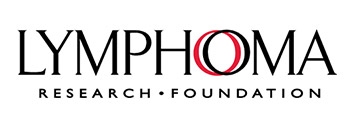Cush it to the Limit focuses our investments on research into rare lymphomas and blood cancers, with a focus on t-cell lymphoma (TCL). Blood cancers alone are inherently rare, accounting for around 10% of yearly cancer diagnoses. T-cell lymphomas are rarer still, making up less than 15% of non-Hodgkin’s lymphoma cases, or around 10,000 cases each year. The specific form of TCL that took the life of our founder, Ben Cushing (Hepatosplenic T-Cell Lymphoma-- HSTCL) carries even scarier statistics. There are typically less than 100 cases in any given year, with a five-year-survival-rate of around 25%. It is a grim diagnosis, and one we are fighting to improve. To make matters more grim, t-cell lymphoma is often overlooked in national research funding. And that is where Cush it to the Limit comes in.
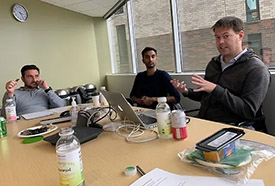
Alignment with the Fred Hutchinson Cancer Center.
When Ben was diagnosed, he learned that T-Cell Lymphomas were some of the most under researched cancers. He and his parents, Alison and Scott Cushing were grateful to discover that Dr. Andrei Shustov, one of the most experienced hematologists in t-cell malignancies, was in our own Seattle, Washington backyard. Throughout his career, Dr. Shustov has led global studies of new drugs that resulted in new treatments for patients for whom standard therapies failed. Once Ben began treatment with Dr. Andrei Shustov, it was clear Shustov’s ideas for expanding research into groundbreaking territories was something we wanted to support. We knew any new research would not save Ben, but it was a logical choice for CITTL to partner with Dr. Shustov, UW Medicine, and the Fred Hutchinson Cancer Center to break new barriers in rare lymphoma research. We quickly developed a partnership with this esteemed institution to ensure funding for research in rare lymphoma and related malignancies.
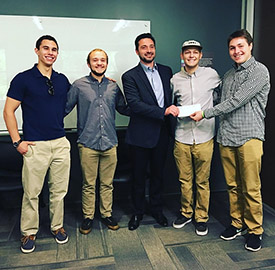
Where your CITTL donation goes.
In partnership with Fred Hutch, we initially funded two studies between 2018 and 2021. Dr. Alex Greninger MD, PhD, MS, MPhil, at UW Medicine examined possible viral origins for HSTCL. Though no such viral perpetrator was discovered, this important line of questioning allowed is to rule out a virus as a possible cause and to turn our attention elsewhere. A second study under Edward Briercheck, MD/Hematology Specialist, enabled the creation of a high-level genomic research platform for understanding the origins of T-cell lymphomas. The goal of this latter study was to reveal the unique characteristics of malignancies that will be critical to developing better treatment strategies. We expect a report on this research late in 2024.
Cush it to the Limit: Ben Cushing Research Grant
In 2022, Fred Hutch and CITTL established a yearly grant program. The goal of the Cush it to the Limit: Ben Cushing research grant is to encourage bold new ideas in rare blood cancer research. Our annual grant supports studies in the development of T-cell lymphomas and closely related malignancies, studies of rare blood cancers and subtypes, and studies around genomic origins and pathways, especially those common in young adults. This groundbreaking program would not be possible without the generosity of our donor community. All grant proposals are evaluated by a dedicated team of oncologists and hematologists managed by the Hutch.
- Janis L Abkowitz MD, Head, Division of Hematology UW Medicine
- Edus “Hootie” Warren, MD, PhD. Professor, Immunology Clinical Research and Program Head Global Oncology Program, Fred Hutch
- Stephen Smith, MD hematologist and oncologist, Fred Hutch
- Andrei Shustov, MD, Senior Vice President, Medical at Cellectar Biosciences, a company focused on targeted cancer therapies. He was formerly a hematologist at Fred Hutchinson Cancer Center and a UW associate professor of Hematology and Medicine. And he was Ben Cushing’s hematologist. Dr. Shustov is also now a member of the CITTL Board of Directors and serves as our Scientific Advisor.
Grant Recipients
Our first grants were awarded in September 2022, and we have awarded six so far.
- Dr. Edward Briercheck, together with Dr. Edus Warren, a UW professor of oncology and medicine, continued Briercheck’s work started with earlier CITTL funding to create a high-level genomic research platform for understanding the origins of T-cell lymphomas.
- Behnam Nabet, PhD, a cancer chemical biologist at Fred Hutch, used Cush it to the Limit support to lay the foundation for a new type of therapeutic strategy for certain blood cancers. His approach involves crafting small molecules that can direct cells to take apart, or degrade, specific proteins. Building new systems and tools to create and test tiny cancer disruptors is essential for advancing this innovative approach — and potentially expanding it to other targets. But this kind of foundational work is rarely funded by federal grants. That’s why Cush it to the Limit’s support is so powerful: By opening this new door in Dr. Nabet’s lab, it could pave the way to new therapies for patients with blood cancers — and potentially many more types of cancer as well.
- With support from Cush it to the Limit, Jay F. Sarthy, MD, PhD, a Seattle Children's researcher who was part of Ben Cushing’s care team, is testing an older, overlooked medication as a therapy for aggressive T-cell lymphoma and related diseases. He and his colleagues have found that an existing drug may hold promise as a safer, more effective, and more affordable and equitable treatment for patients with certain lymphomas. It targets a particular vulnerability in lymphoma cells, but it does not cause the same kind of DNA damage in healthy cells that other similar chemotherapies do. That means it might be possible to use higher doses of this drug to eradicate cancerous cells while sparing patients from highly toxic side effects.
2024 Fred Hutch CITTL: Ben Cushing Grant Recipients
- A new proposal from Dr. Jay Sarthy builds on the results from his 2023 study funded by a Cush it to the Limit grant. He plans to ask a more basic question about the role of histone mutations in hepatosplenic T cell lymphoma.
- Dr. Sioban Keel’s proposal explores the attitudes of adolescents and young adults towards learning whether they inherited a mutation associated with family member's blood cancer malignancy, an important step for improved support for younger cancer patients.
- Dr. Karsten Eichholz’s proposal will determine if CAR-T cells could be an effective therapy for a rare lymphoma called angioimmunoblastic T cell lymphoma.
Without support from CITTL donors, this important research would not be possible. We are so grateful for the generosity of our amazing community.
Partnerships with grassroots organizations are critical to innovation.
Grassroots fundraising efforts like those at Cush it to the Limit are integral to helping underfunded research areas.
Support from Cush it to the Limit donors allows the Hutch to pursue innovative ideas that are still too early in development to qualify for federal funding. It also means that Hutch teams have the freedom to focus on understudied and underfunded cancers, to follow the science where it leads them, and to collaborate and share their findings — ensuring that new discoveries are applied to research on more cancers and other diseases.
At Cush it to the Limit, we believe that all cancers deserve a cure, and we are grateful to our supporters who help make research possible.











